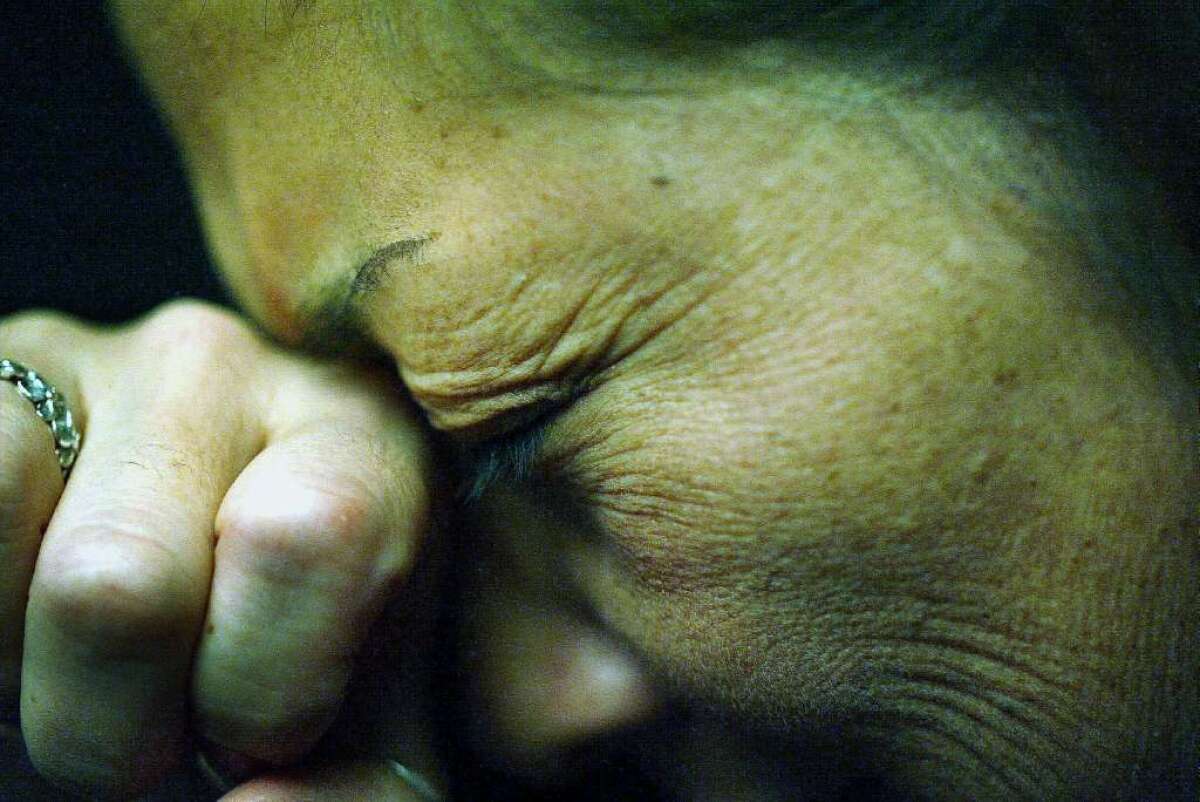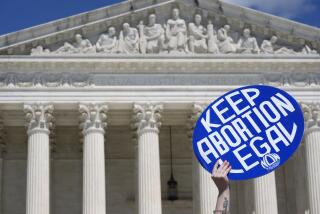Women: You are having more headaches around menopause, researchers say

Women’s migraine headache problems rise in the years shortly before before and at the start of menopause, researchers say. That news might feel like vindication to the women who suspected as much but didn’t always get support from their doctors.
“In the past physicians had not really recognized the effect of hormones on migraines,” said Dr. Vincent Martin, co-director of the University of Cincinnati Headache and Facial Pain Program and lead author of the study. It was presented this week at the American Headache Society annual meeting in Los Angeles.
“Headaches do increase during this time period. It’s what women have been telling us for years,” Martin said Friday. “Peri-menopause and early menopause are very turbulent times for women with migraines.”
Migraine headaches, he said, are a menopause symptom, as are hot flashes, depression and irritability, he said.
“This provides some hard evidence for what we’ve been seeing for a long time,” said Dr. Andrew Charles, director of the Headache Research and Treatment Program at the David Geffen School of Medicine at UCLA. Charles was not involved in the study.
Some 38 million Americans, most of them women, get migraine headaches.
In the years before menopause, women’s menstrual periods are typically regular; they become less so during the transition to menopause, called “peri-menopause.” At menopause, periods stop.
“Ours is the first study to demonstrate that the frequency of migraine attacks increases during the menopausal transition,” Martin said in a statement.
The research was part of the American Migraine Prevalence and Prevention Study, a survey over time of 120,000 U.S. households. Using data from the 2006 survey, 3,603 women ages 35 to 65 who have migraine headaches were classified based on headache frequency and on whether they were premenopausal, peri-menopausal or postmenopausal.
Those who had 10 or more headache days a month were considered high frequency, and those with fewer were considerd low or moderate frequency. Falling into the frequent headache category was 50% to 60% more common for peri-menopausal and menopausal women than for premenopausal women.
“What we really have to start thinking about is, are there specific types of therapies that are more appropriate for women who are having exacerbation of migraine” at this time in their lives, Charles said Friday. Among those therapies to be considered is hormone replacement.
A simplistic view is that falling estrogen levels cause headaches, he said. But it’s possible the cause is another change in hormonal rhythms. “This study charges us to get a better understanding of what exactly is going on,” Charles said.
As women move toward menopause, their levels of estrogen fluctuate.
Another study author, Dr. Richard B. Lipton, director of the Montefiore Headache Center at the Albert Einstein College of Medicine, noted that migraines tend to worsen during menstruation and that “may seem paradoxical that when periods become irregular during the peri-menopause or absent during menopause that headache become more frequent.”
“We believe that both declining estrogen levels that occur at the time of menstruation as well as low estrogen levels that are encountered during the menopause are triggers of migraine in some women,” he said.
Trying to be healthy? Follow me on Twitter: @mmacvean







